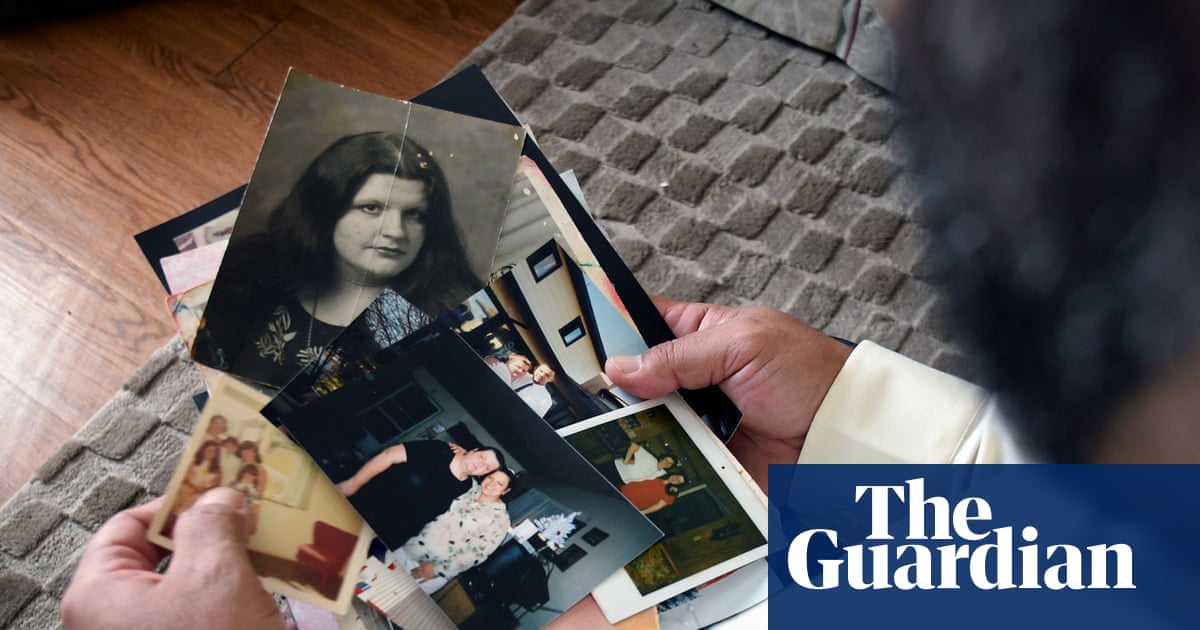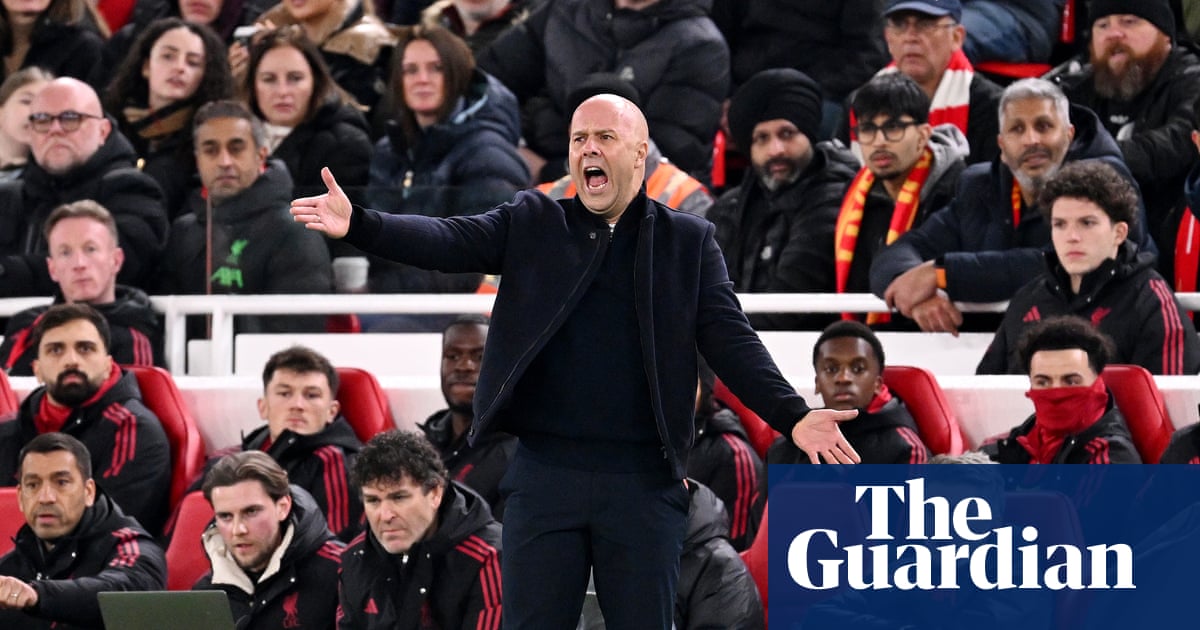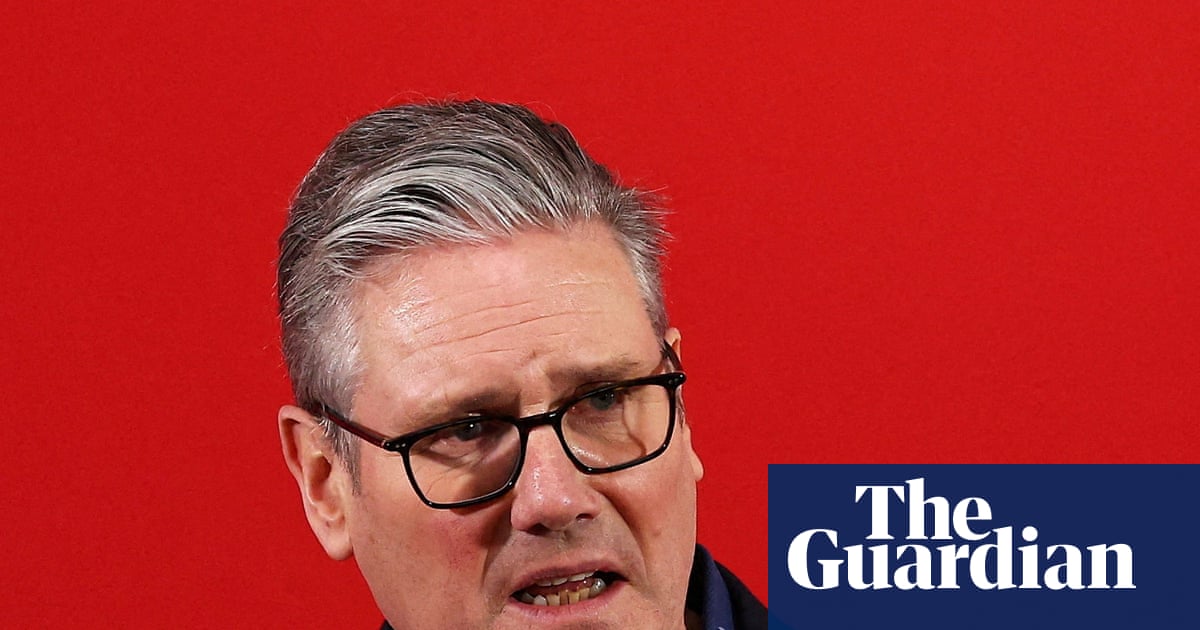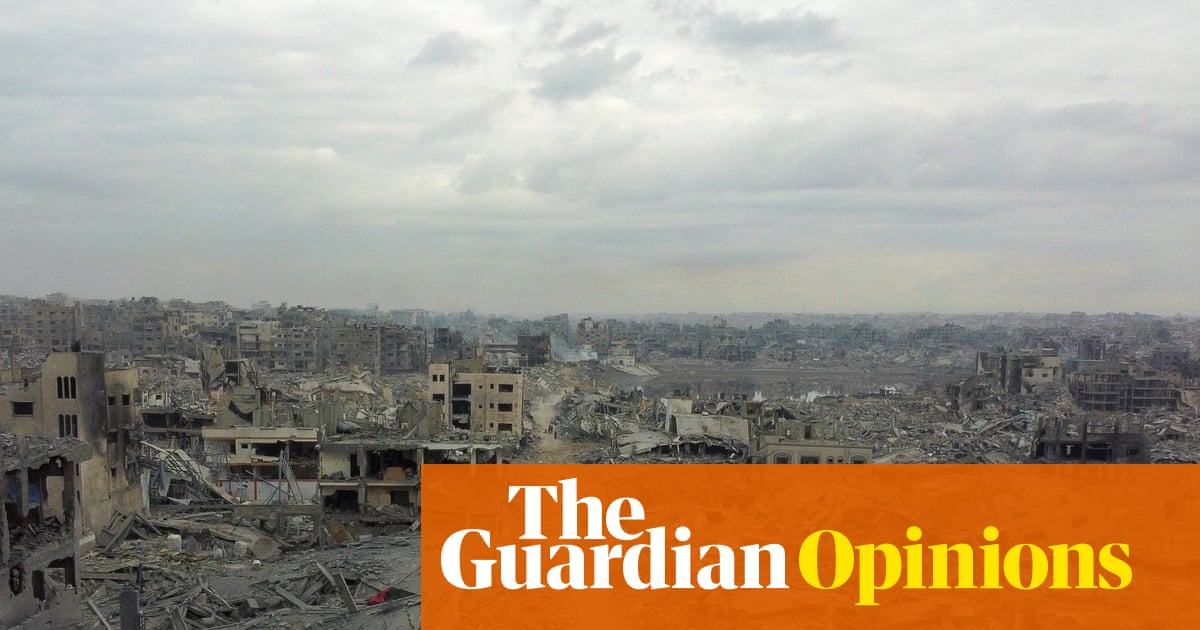It’s hard to disagree with any of the sensible proposals in the Francis review (England curriculum should focus less on exams and more on life skills, finds review, 4 November). My concern is with their modesty in such extreme times. Research has revealed that 80% of headteachers in England think their role has a negative impact on their quality of life, with many making plans to retire or leave the profession early. And 75% of 16- to 25-year-olds describe the future as “frightening”, with justified anxiety about climate breakdown prevalent. So why focus on trimming the sails rather than turning the wheel?
The suggestion of 10% less GCSE exam time and slightly reduced content is welcome. But as education is now compulsory until 18, why do we need GCSEs at all? Our teens spend more time preparing for exams than engaging in depth with the topics they cover, with a relentless prioritisation of targeted performance over broad intellectual, social and emotional development. A little more time on PSHE (personal, social, health and economic education) and sports is great, but not a solution. Teaching more about climate change without giving young people the skills and opportunities to take thoughtful, substantive action is likely to backfire, making them feel both responsible and powerless.
The review we truly need would start by breaking a taboo: acknowledging that schooling’s current structure aims to give individuals the chance to demonstrate their superior worth to others and be rewarded with limited higher-value positions in working life. Often euphemised as “social mobility”, it lies in tatters as parental income continues to shape children’s economic success.
As the world continues to catch fire, that new review would set out new pragmatic and humane principles for our critical times – that cooperation, more than competition, will secure young people’s futures, and that knowledge without the capacity to bring about change is a fast-devaluing currency.
Curriculums that enable these principles already exist – many academics and teachers restlessly await the chance to implement them.
Dr Rupert Higham
Associate professor, UCL Institute of Education
At last, the curriculum review has confirmed what creatives up and down the country have long campaigned for: the end of the English baccalaureate (Ebacc). The qualification had a woeful oversight at its heart – an absence of arts and vocational subjects.
Creative subjects should never have been treated like an optional extra for our children’s education. They provide young people with communication skills, independence and adaptability, supporting employability across a range of sectors.
This move begins to repair the damage done by years of narrowing focus. Yet that progress will only endure if it is matched by joined-up reform beyond the classroom.
The important work of creative education doesn’t stop at 16, but proposed changes set out in the post-16 education and skills white paper raise important questions about this continuation. The new V-levels aim to simplify level 3 qualifications, but it is still unclear if creative subjects will be eligible for maintenance support.
Unless we join these dots, creativity will be left at the school gate – and the pipeline cut short. Post-16 policy must build on what schools have just regained. A rounded, cohesive, creative education is one of the most powerful investments this country could make. That cannot stop at 16.
Caroline Norbury
Chief executive, Creative UK
Any rethink of the national curriculum, ambitious or otherwise, faces at least two intractable difficulties. One is captured in the observation “Curriculum is a 10-letter word; that’s the extent of agreement about curriculum”. The other is “Everyone is in favour of reform; it’s change that isn’t liked and will be resisted”. With these caveats in mind, the curriculum and assessment report is a valuable, though overambitious, document that underplays the very difficulties facing the implementation of its many proposals.
Prof Colin Richards
Spark Bridge, Cumbria

 2 months ago
90
2 months ago
90

















































